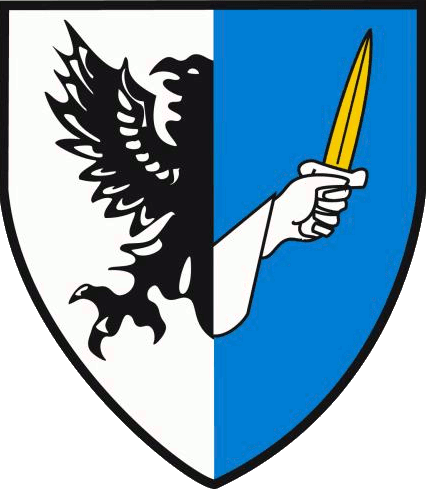Coaching Style
Success as a Coach
Winning is part and parcel of being a successful Coach, but successful coaching is more than simply beating opponents. Successful Coaches help players to master new skills, enjoy competing with others and develop self-esteem.
Your success as a Coach will be impacted by your coaching philosophy more than any other factor. Your coaching philosophy is the set of beliefs or principles that you bring to coaching that guide you in the decisions that you need to make.
In developing your coaching philosophy, it is necessary to decide what you want to accomplish as a Coach and how you will deal with the diverse range of people – players, match officials, administrators and parents – that you will encounter. Your philosophy will be developed through asking questions of yourself and considering issues that may occur during your coaching career.
Your coaching philosophy will be greatly determined by your belief of what defines success as a Coach, and the goals that you set for yourself and your team, e.g.:
- To have a winning team
- To help young players to have fun
- To help young players develop technically, tactically, physically, psychologically and
Often the definition of success will be influenced by whether the goals are short-term (winning the next game), or long-term (developing a player’s competency). Winning the next game is the objective of every team – winning within the rules of the game should be the main objective of every player and Coach.
These two objectives are actually intertwined – by helping to develop a players’ technical ability, tactical prowess, physical fitness, psychological focus and social skills, any team can strive to win an upcoming game.
A Coach’s philosophy is not necessarily a rigid set of rules . Just as a player develops throughout the sporting year, a successful Coach also develops based on events during the year. A Coach will deal with each event based on their individual philosophy. The consequences of how the Coach handles each situation will either cause them to adjust or solidify their beliefs and principles. As a Coach you should provide your players with clear guidelines for trust and cooperation, and an understanding of what you expect of them with regard to discipline, teamwork and communication between each other and their Coaches.
Coaching Style
Your coaching style will determine how you prepare for coaching sessions, how you decide what skills and strategies to teach, what methods you choose to discipline players and what role you allow players in any decision making.
| Style |
Overview |
Explanation |
How players are affected |
|
Direct/
Command/
Authoritarian |
The coach is in charge and is the exclusive decision maker |
-The coach gives a demonstration of the expected performance, emphasizing and explaining specific points.
-The Coach feels it is their role to tell the player what to do. This style is effective if winning is the main goal of the Coach. |
This style can lead to players being motivated to play through fear of the Coach.
This approach does not inspire players to think from themselves.
|
|
Democratic/
Cooperative/
|
The coach shares the decision making with the players.
|
-The coach will guide performers towards selecting and achieving their goals
-In this style the coach provides leadership in the form of positive guidance
-Coaching emphasis of success is on effort and improvement rather than success through winning.
-Players recognize the coach as the leader who guides them towards their goals. |
A democratic approach is a good way to maximise the level of interest from players.
Coaches are empowering their players to take accountability for their actions.
Playing a key role in the decision-making process, players grow their decision-making skills |
|
Facilitator |
The coach harnesses an environment for team/individual development – |
The coach facilitates the team without very much instruction, instead trying to create a positive experience through teamwork, challenges and foster a love of the game. |
Players are able to participate and develop as the facilitative coach view themselves as being there to allow the players to play in a fair, team centered environment. More common at nursery/youth, but coach tends to lean into a more democratic approach further on. |
|
Submissive/
Baby-Sitter/
Lassiez Faire |
The Coach makes as few decisions as possible |
-The coach gives little instruction and provides minimal guidance in organizing activities.
-coach is concerned with creating an environment where the players can enjoy the freedom to learn new skills and ideas off their own back.
– For this coaching style, trust is key. Handing over all this responsibility to players could backfire if certain individuals aren’t able to motivate themselves to continually improve without instruction. |
For coaches this can go 2 ways:
– Creating a fun and light working environment for all can breed a bond between all the squad
– Tipping the balance too far in favour of freedom can lead to a collection of unmotivated players and of players who don’t develop or improve |
As a coach, you have the flexibility to adapt your own style depending on the needs of those you are coaching. Ponder the goals you want to set for the individuals in your team, and the team as a whole.
Sometimes you may even need to merge some of the styles to get the best out of your group.






